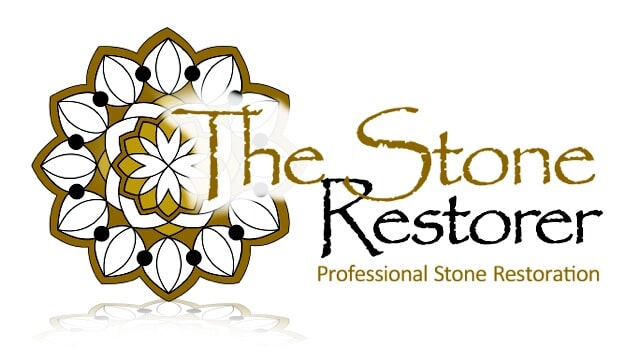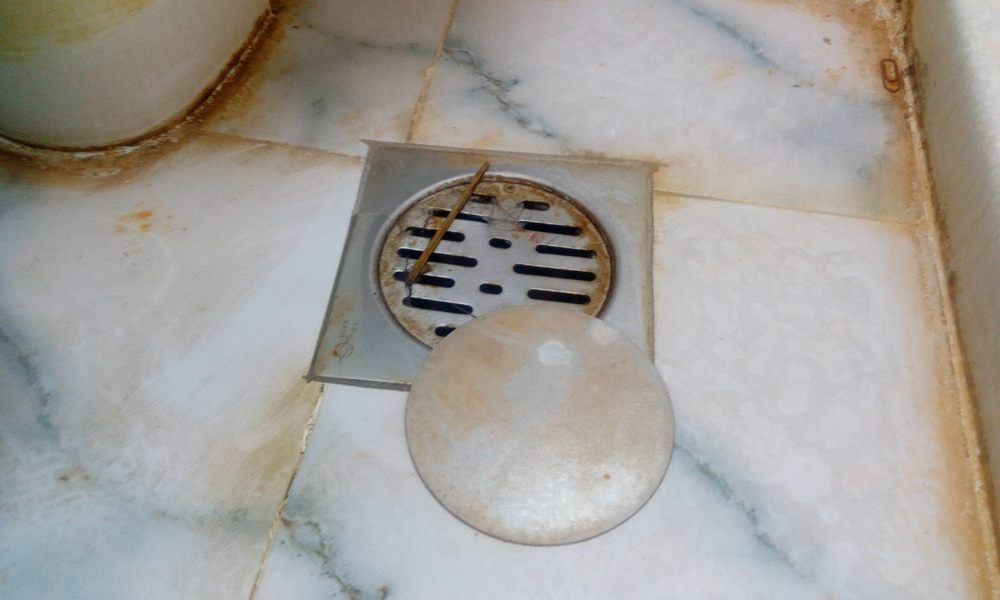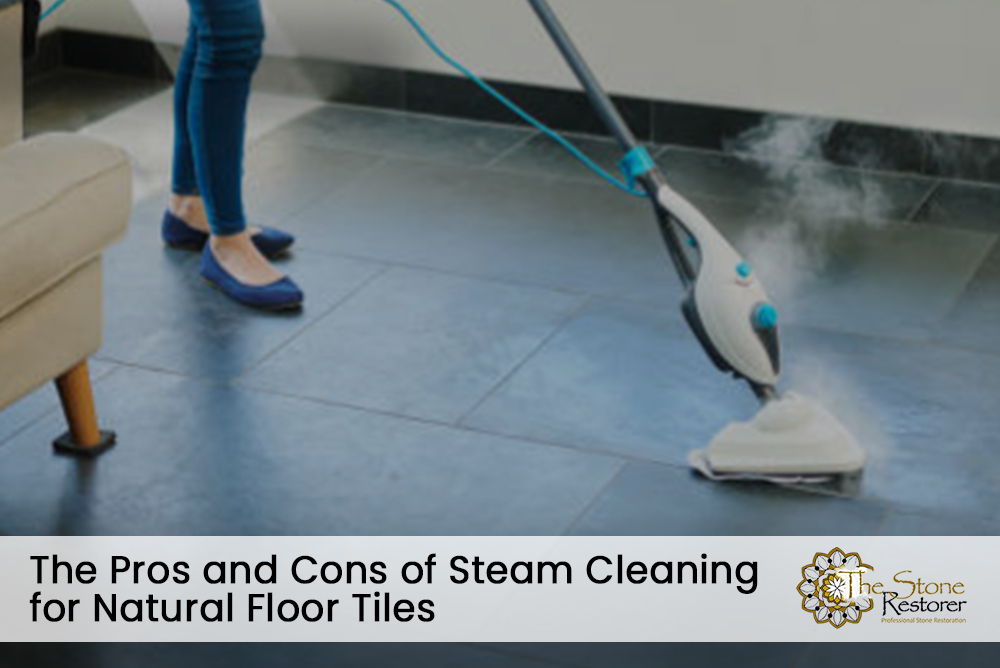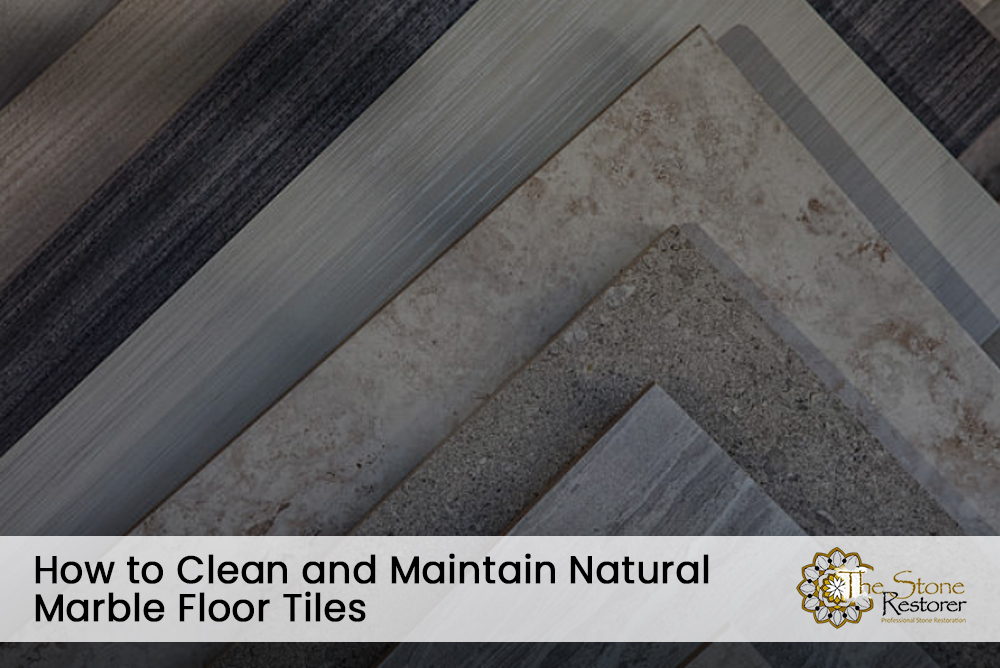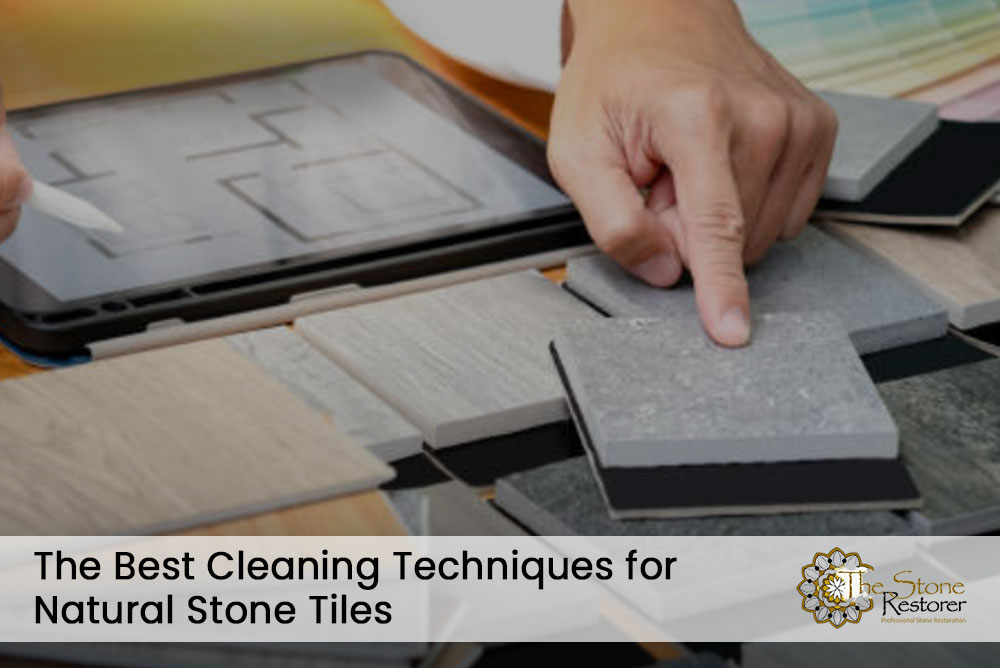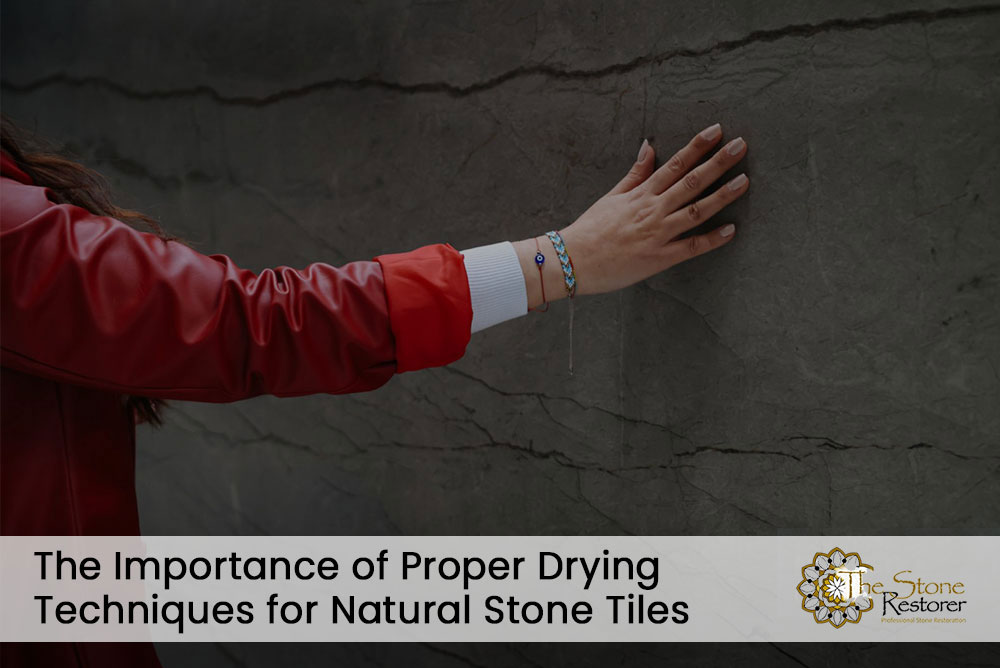Natural stone tiles are renowned for their elegance and timeless beauty. Whether adorning your home or office in Brisbane or gracing your space on the Gold Coast, they create a sense of luxury and sophistication. However, maintaining their pristine appearance can be challenging due to stains and discolouration.
In this comprehensive guide, we will explore the art of stain removal and discolouration prevention to keep your natural stone tiles looking their best.
Common Types of Natural Stone
Natural stone comes in various forms, with marble, granite, and travertine being popular choices. Each type has its unique characteristics and vulnerabilities.
Marble: Known for its exquisite veining patterns and a range of colours, marble is a highly sought-after natural stone. It’s, however, porous and prone to staining.
Granite: Granite is one of the hardest natural stones, making it less susceptible to staining. It’s commonly used in kitchens and high-traffic areas.
Travertine: Travertine boasts a rustic and textured appearance. It’s moderately porous and requires regular maintenance to prevent staining.
Porosity and Vulnerability
Understanding your stone’s porosity and susceptibility to stains is crucial for effective maintenance.
- Porosity: Porosity refers to the degree to which a stone can absorb liquids. Highly porous stones, like marble, are more prone to staining.
- Susceptibility: Different stones react differently to various substances. For instance, acidic substances can etch and stain marble but have less effect on granite.
Prevention is Key
Sealing your natural stone tiles is a vital first step in preventing stains and discolouration. Sealants create a protective barrier that repels liquids, preventing them from penetrating the stone.
Frequency: The frequency of sealing depends on the type of stone and its location. Generally, it’s recommended to reseal annually or semi-annually.
Importance: Sealing not only prevents staining but also enhances the longevity of your stone tiles.
Daily Maintenance: Use a dry mop or microfiber cloth to remove dust and debris regularly. This prevents dirt from scratching the surface.
Weekly Cleaning: Use a pH-neutral stone cleaner and warm water for weekly cleaning. Avoid acidic or abrasive cleaners.
Identifying Stains and Discoloration
Organic Stains
Organic stains like coffee, tea, food, wine, and mould or mildew can be difficult to remove, especially if not treated immediately. Following are some tips on how to deal with these stains:
Coffee and Tea: Blot the spill immediately and clean with a mild detergent. Avoid rubbing to prevent spreading.
Food Stains: Scrape off solid residues, then clean with a stone-specific cleaner.
Wine: Blot, then clean with warm, soapy water.
Mould and Mildew: Use a mixture of equal parts water and white vinegar
Inorganic Stains
Inorganic stains such as rust and hard water marks are also difficult to remove the longer you leave them. Following are some tips on how to deal with these stains:
Hard Water Marks: Use a mixture of vinegar and water. Scrub gently and rinse thoroughly.
Rust Stains: Create a paste of baking soda and water. Apply and let it sit for 24 hours. Scrub and rinse.
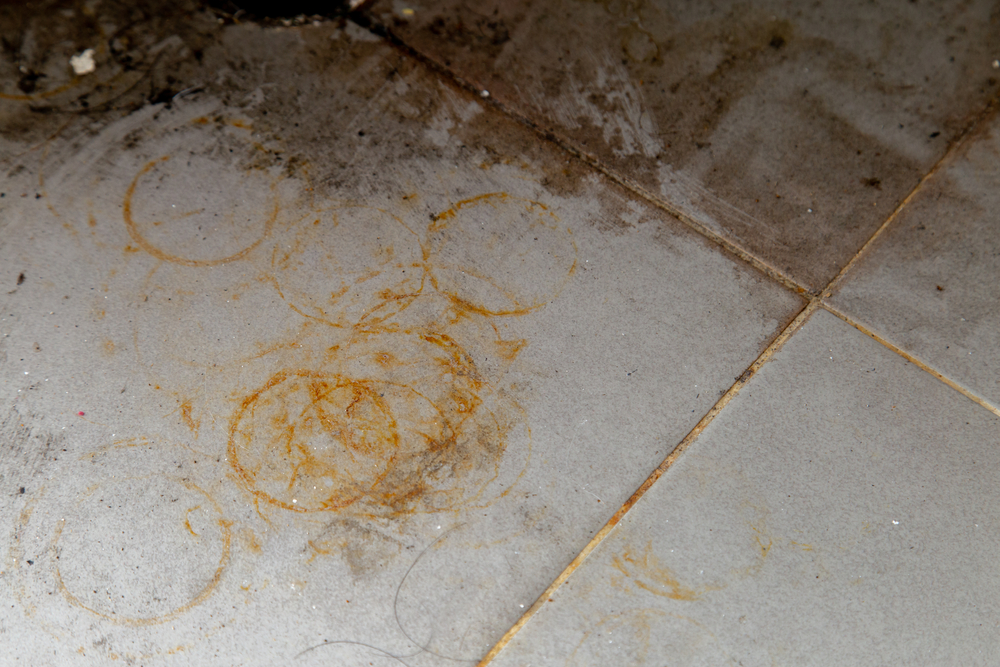
Natural Remedies for Stain Removal:
Baking Soda and Water Paste
Mix a thick paste of baking soda and water. Apply to the stain and let it sit for 24 hours. Scrub gently and rinse.
Hydrogen Peroxide Solution
Mix equal parts of hydrogen peroxide and water. Apply to the stain, let it sit, and scrub. Rinse thoroughly.
Poultices
Mix a poultice, which is a thick paste of a specific stain-removing agent and water. Apply to the stain, cover with plastic wrap, and let it sit for 24 hours. Remove and rinse.
Vinegar and Water Solution
Mix equal parts of water and white vinegar. Apply to the stain, scrub, and rinse.
Commercial Stain Removers
How to Choose the Right Product
Read product labels carefully, and choose a product designed for your type of stone and the specific stain. Test in an inconspicuous area first.
Proper Application Techniques
Learn the correct application methods to ensure the stain remover’s effectiveness. Follow the instructions on the product label. Generally, apply the remover, let it sit, scrub gently, and rinse.
Safety Precautions
Safety always comes first when using commercial stain removers. Make sure that you wear gloves and eye protection when handling chemicals. Ensure proper ventilation in the area. Keep products out of reach of children.
Specialised Stain Removal
Etch Marks
It’s important to distinguish between stains and etch marks and learn the process of polishing to remove etch marks.
Etch marks are not stains but are caused by the corrosive action of acidic substances. Polishing with a stone-specific polishing powder can restore the shine.
Efflorescence
It’s critical to uncover the causes, identification and techniques for removing efflorescence.
Efflorescence is the formation of white, powdery deposits on the stone’s surface due to mineral deposits from water. Scrub with a stone-specific efflorescence cleaner.
DIY vs. Professional Help
Sometimes, DIY is a suitable alternative when it comes to small, surface-level stains that you can easily identify and treat.
However, professionals have the expertise, specialised equipment, and access to professional-grade products for tackling stubborn stains and restoring the stone’s original beauty. So depending on the age, size and type of stain, it is prudent to engage the services of a professional for best results.
Final Thoughts
Maintaining the beauty of your natural stone tiles in Brisbane and the Gold Coast involves understanding your stone, proactive prevention, and effective stain removal techniques. By following these guidelines, you can enjoy stain-free, lustrous floors that continue to exude elegance and sophistication.
If you’re looking for reliable and experienced professionals to assist you with the cleaning and restoration of your natural stone tiles, consider The Stone Restorer. Our team of experts understands the nuances of different stone types and employs industry-leading techniques to deliver exceptional results.
Give us a call today at 0414 469 301 or ask us for a fast free quote on your tile cleaning or restoration project.

